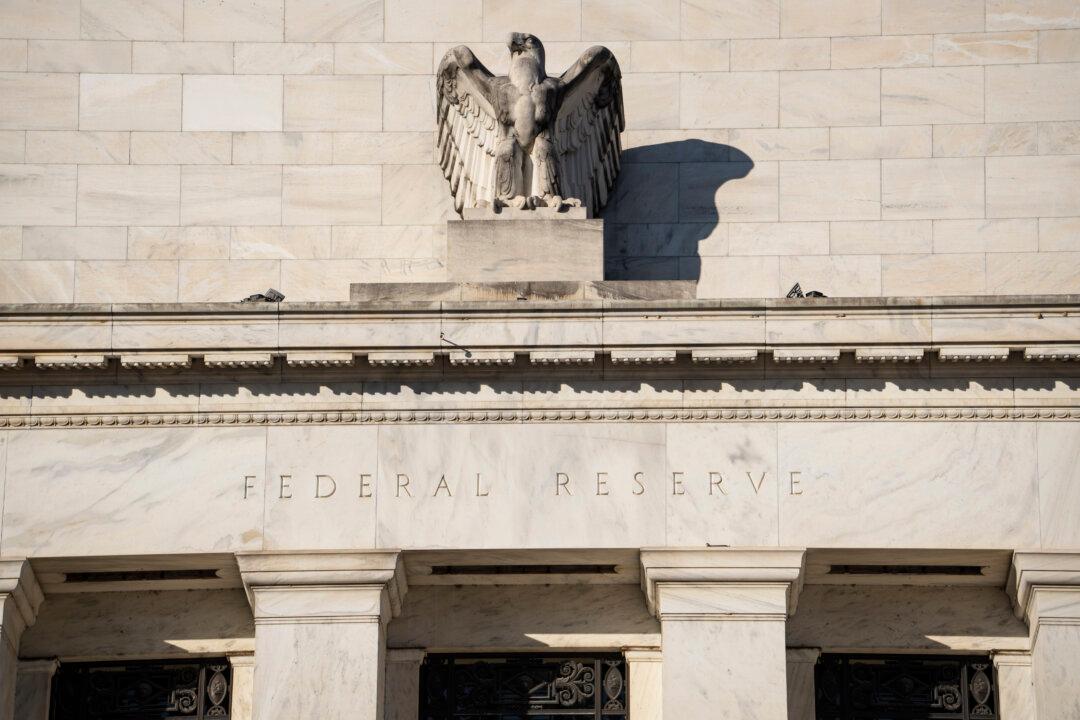The global pushback against the Chinese Communist Party (CCP) has prompted the Biden administration to adjust its China policy, a China expert said, following recent remarks by Biden’s deputy assistant Kurt Campbell on China-U.S. relations.
Campbell like many Biden cabinet officials had served in the Obama administration, noted Chen Weijian, editor-in-chief of New Zealand-based Beijing Spring magazine that focuses on democracy activism in China. Campbell’s strategy had been to both cooperate and compete with China, which appeared to him as no different from the Obama era policies, he said.
“A politician normally would not casually change the policy they had mapped out,” Chen told The Epoch Times.
But according to Chen, it appears that “the larger trend is more powerful than human will.”
Campbell named Chinese leader Xi Jinping, whom he described as “deeply ideological but actually quite unsentimental,” as someone pushing the CCP to “play a more assertive role” around the world.
“He has almost completely and utterly disassembled 40 years of careful intricate mechanisms designed for collective leadership,” Campbell said.
Chen said that the CCP’s pandemic coverup may have significantly contributed to the changing U.S. sentiment.
“If this virus really leaked out of the Wuhan virus lab, yet the CCP denied it and concealed it … how would it be possible to carry on with the cooperation-competition policy as before?” Chen asked.

The United States, Campbell said, is looking to convene an in-person meeting with Quad countries—Australia, India, and Japan—to address the infrastructure challenge from China’s red regime. He said the Quad efforts were to invigorate the “operating system” that a freedom-loving America has helped build in Asia, which has come “under substantial strain” owing to rising communist Chinese influence.
The Belt and Road Initiative, also known as the OBOR or BRI, is the regime’s multi-trillion-dollar infrastructure scheme launched in 2013 to expand its trade and political influence throughout Asia, Africa, and Europe.
Chen said to counter the BRI now would be the right time. “BRI is the CCP’s biggest card these years in foreign policy,” he said. With many projects unfinished and countries trapped in debt, it will be more challenging for the BRI to be sustainable, he said.
In a press conference on May 27, Zhao Lijian, a Chinese foreign ministry spokesperson, called Campbell’s remarks a U.S. move “to exclude and contain China in the name of competition” and a “zero-sum game mentality.”
“It’s an old chestnut,” Chen said in response.
“The CCP has told Chinese commoners that America is their number one enemy,” he said. “Now, they realize the situation is not going well for them, they brought those [arguments] back again … it’s getting old.”






